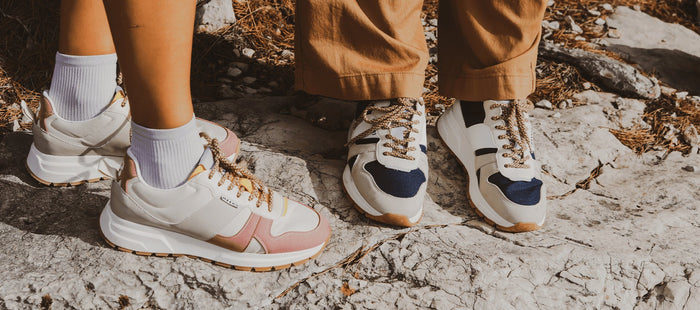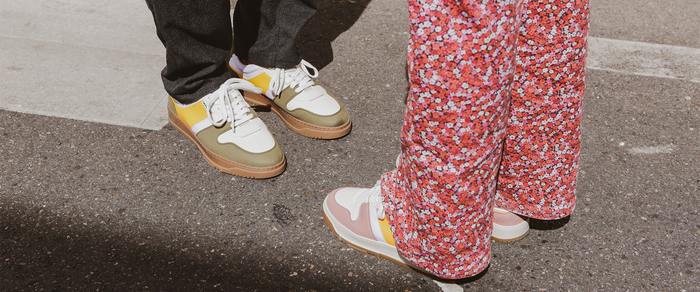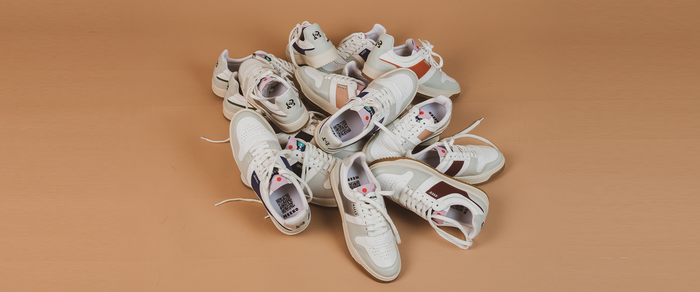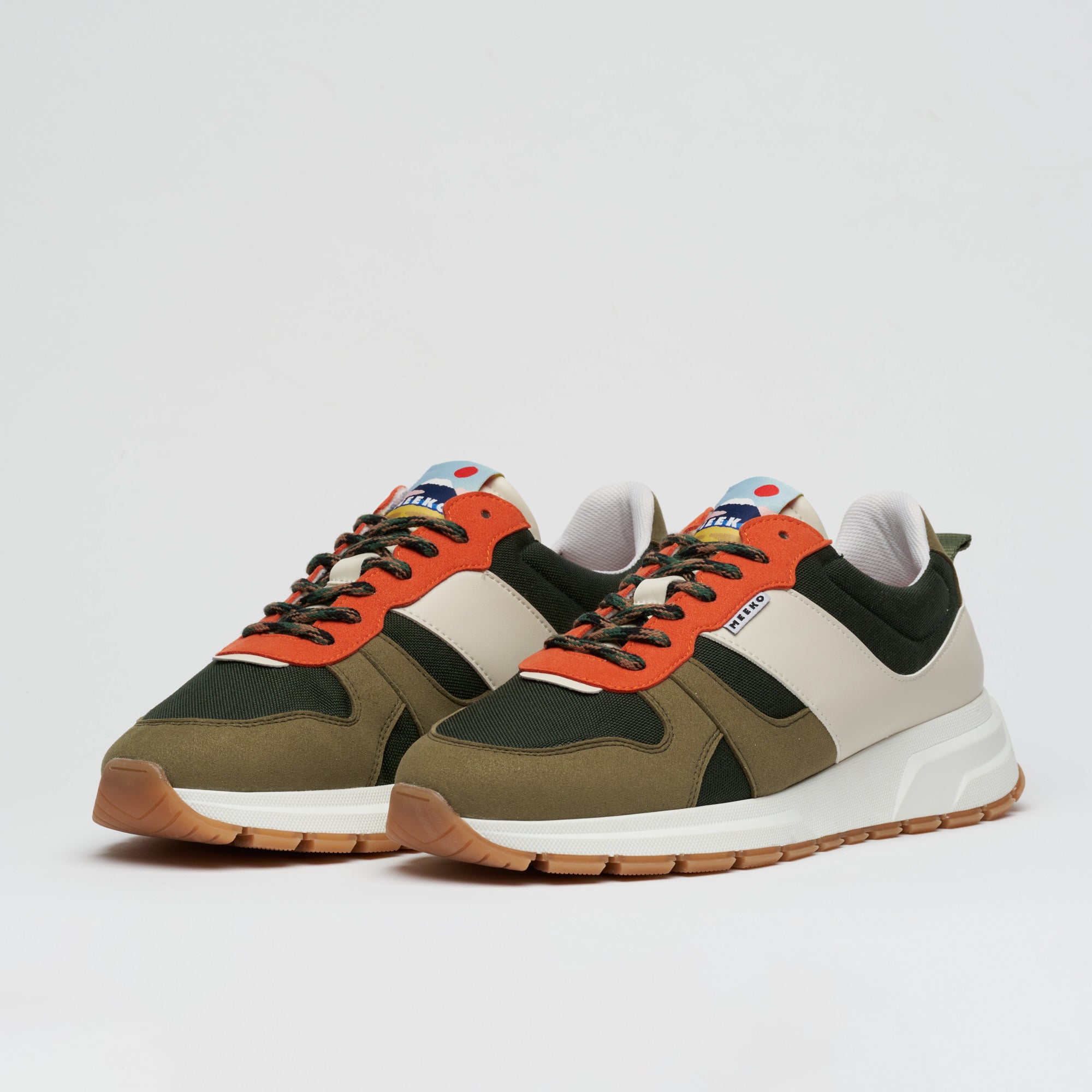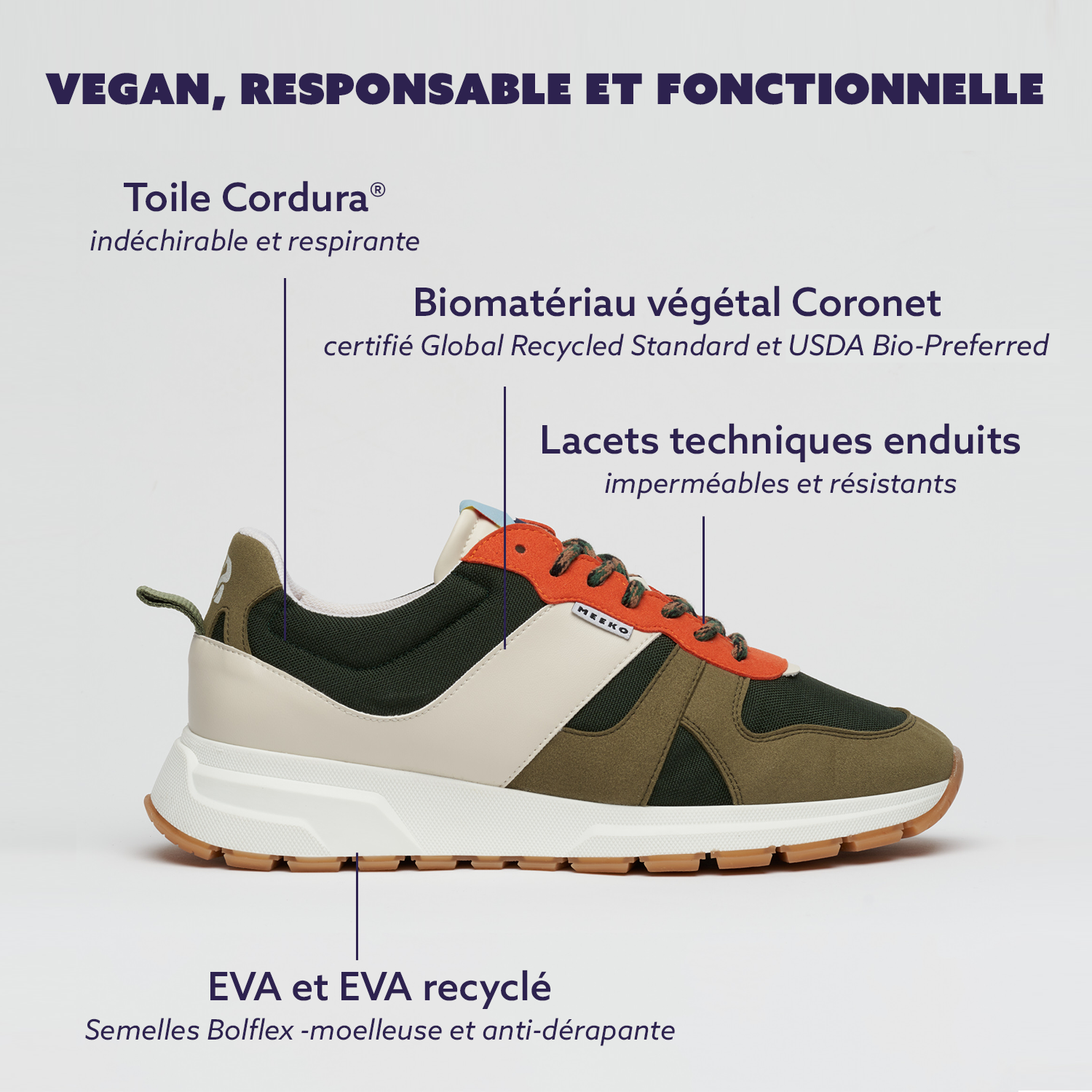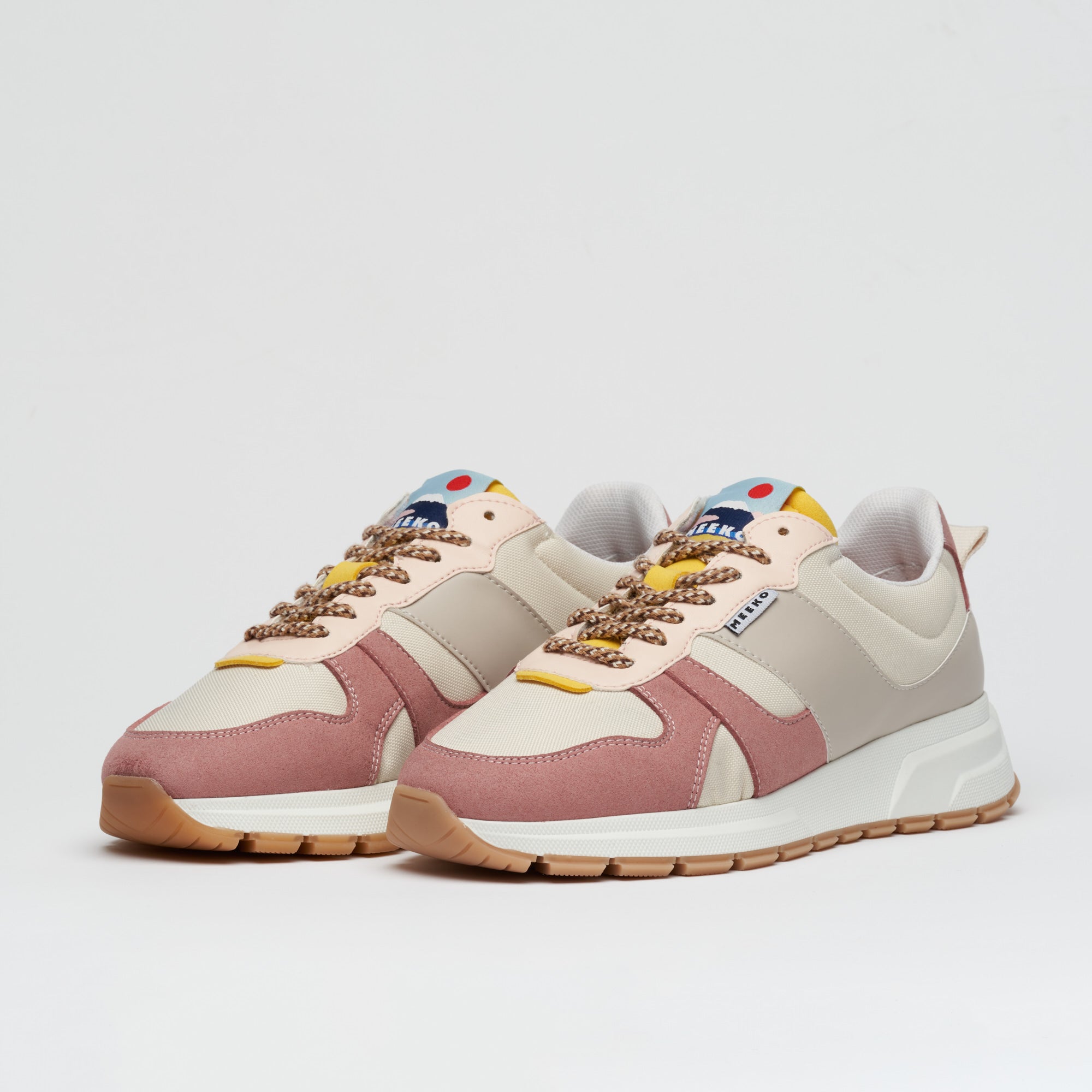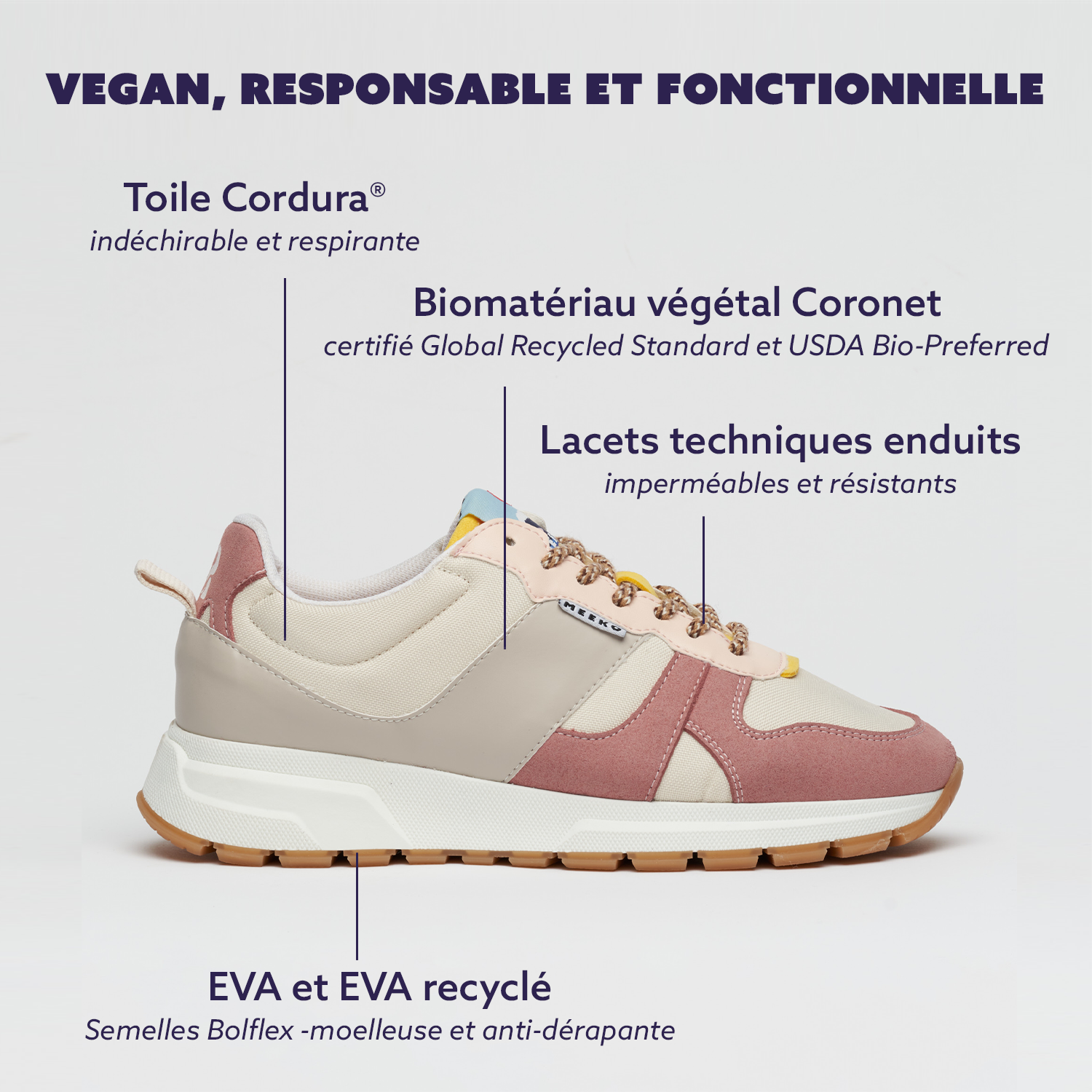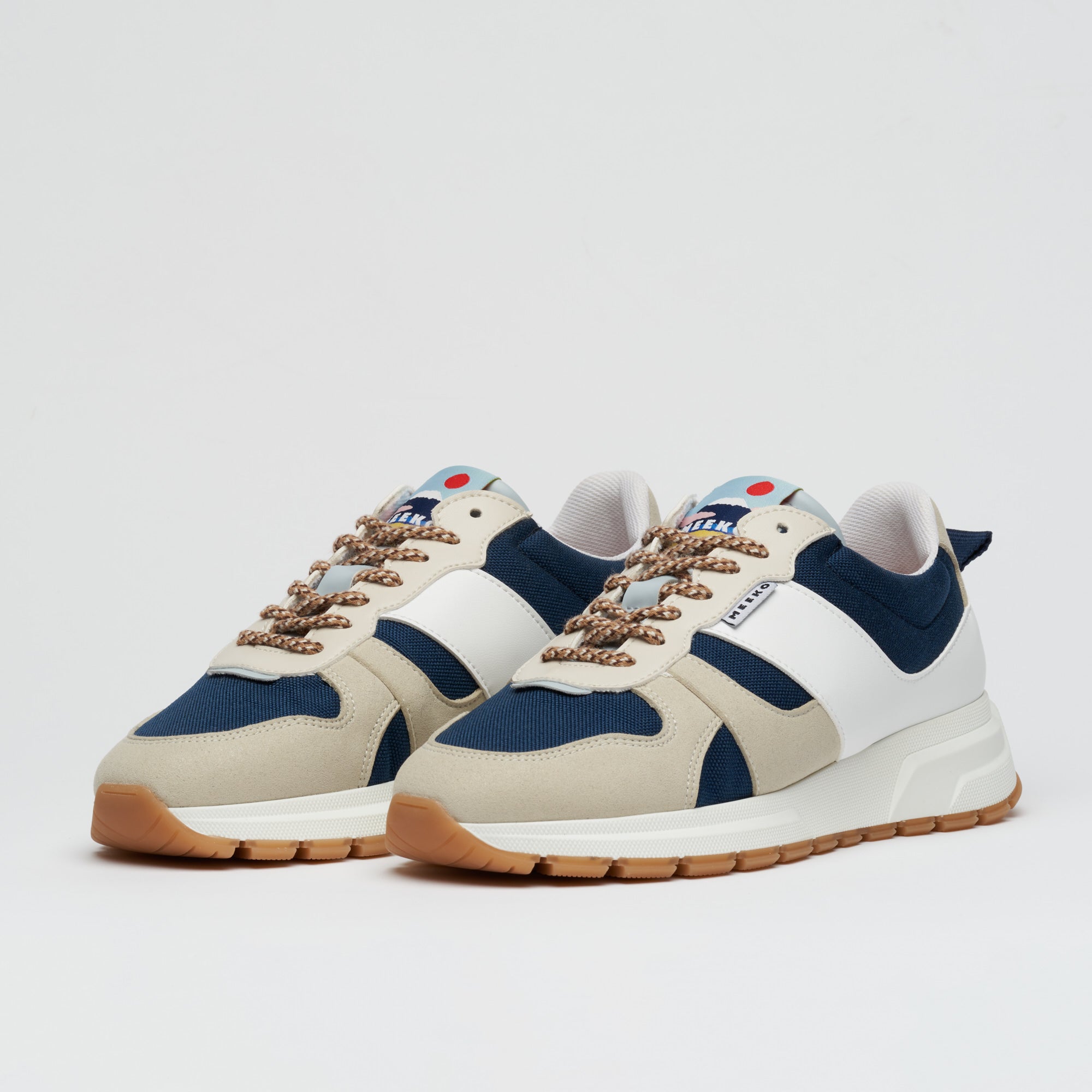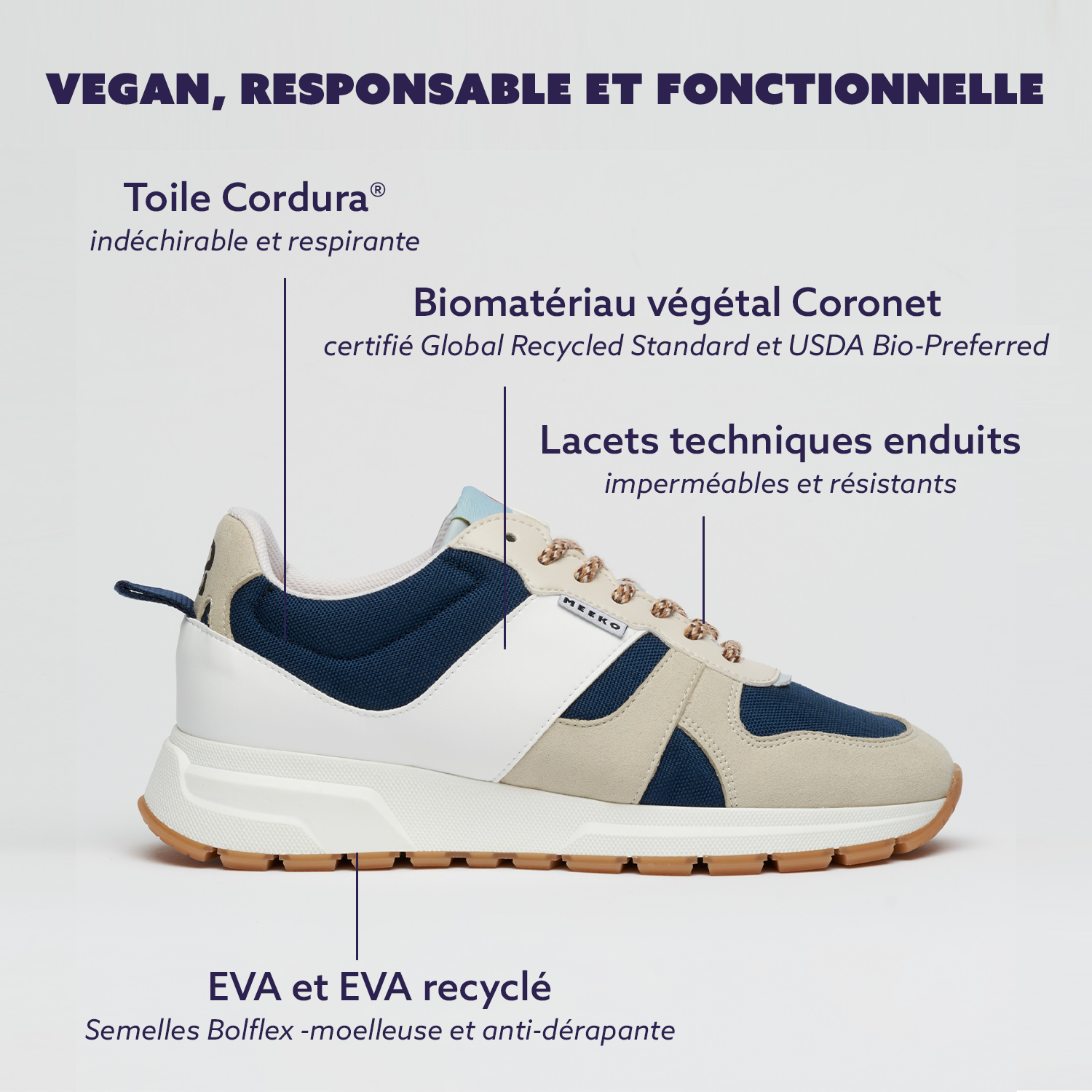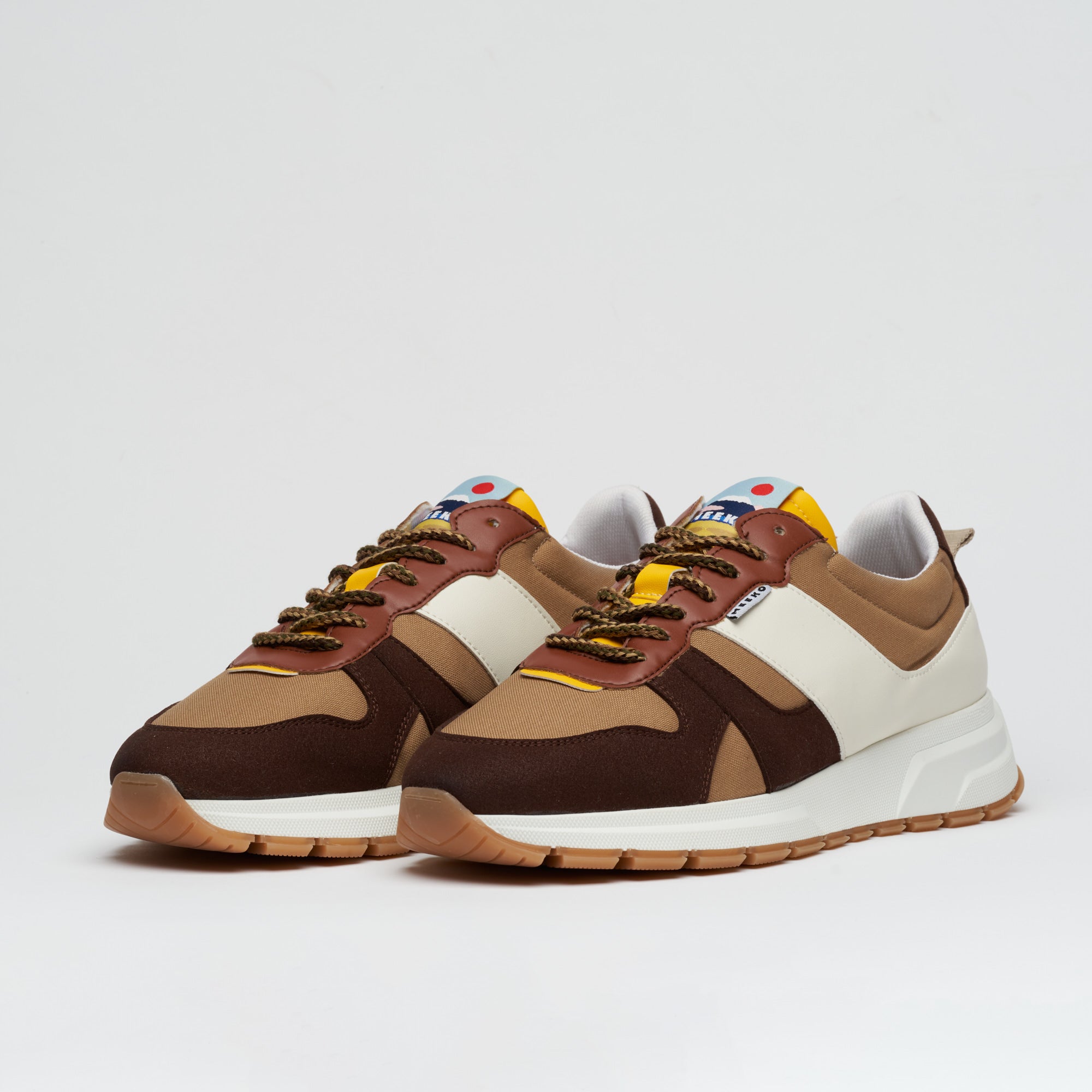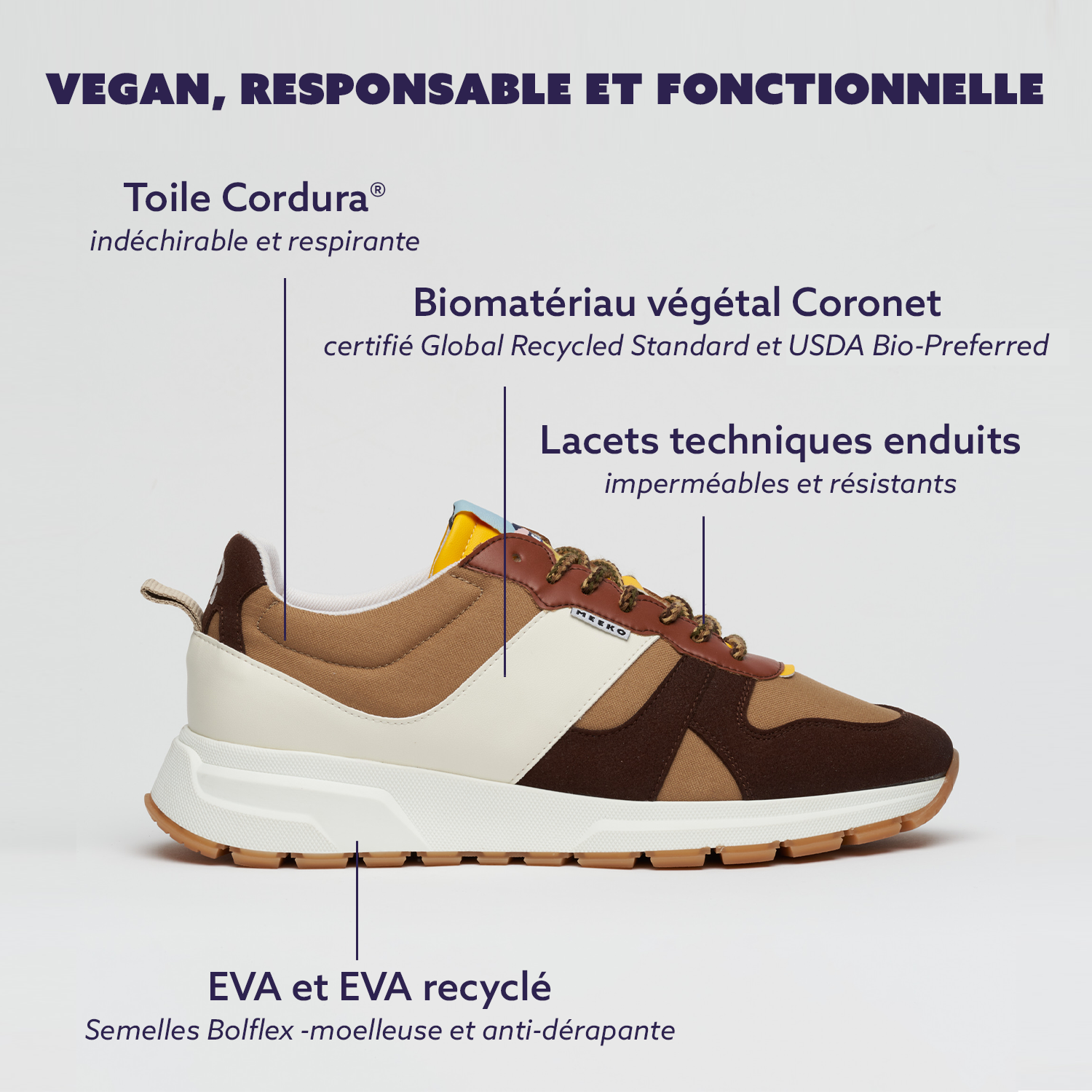Which ecological material should be favored for a truly eco-responsible garment?
The eco-responsible lifestyle now affects the way we dress. Now is the time to wear clothes designed with sustainable natural materials and to limit the use of synthetic fibers resulting from the synthesis of chemical products.
Do you know that the fashion industry is a very polluting field? Its impact on the environment is completely unthinkable. The raw material has a significant share in the emission of greenhouse gases on a global level.
Ethical fashion clothing is made with natural, organic, recycled or second-hand materials. Discover in the following the ecological textile fibers to favor to create eco-responsible clothing.
What is an ecological material?
The environment and the fashion sector do not always go hand in hand. If the textile industry is very polluting, the situation is linked to the manufacture, transport and marketing of products. In fact, the manufacture of clothing requires a significant amount of available drinking water.
The production of synthetic raw materials contributes greatly to the degradation of the ecosystem and to global warming. It has a strong impact on water resources and consumption.
For example, polyester is a synthetic fiber, derived from petrochemicals. It may contain toxic elements, not to mention the carbon footprint during the entire creation process. Dressing with an ecological material is therefore a real challenge.
It is a textile that respects the environment, making it possible to limit greenhouse gas emissions as much as possible. It is a fully reusable, recyclable or compostable material. It is of natural and sustainable origin, and above all cultivated in a reasoned way. Its manufacture consumes little energy.
The best ecological materials for ethical fashion
Natural materials are generally preferred for truly eco-responsible clothing. However, the cultivation of some of them involves the use of pesticides and fertilizers, consumes a considerable amount of water due to the irrigation of the fields and uses chemical dyes. Recycling synthetic materials absorbs a lot of energy.
The consequences can be disastrous for the environment and for the planet. Fortunately, there are other soft materials that are more ecological. These must have less impact on the environment, from their manufacturing process to their sale.
Organic textile materials
Dressing in clothes made of ecological textile fibers is currently a real trend. Biological tissues are part of it. They are designed with fibers of natural, plant or animal origin, strictly meeting the criteria of organic farming (without synthetic chemicals such as pesticides and fertilizers, without GMOs).
organic cotton
Cultivated without chemicals or GMOs, organic cotton is a very pleasant material, which is not toxic and does not risk harming the environment. It consumes little water and is part of the certified organic fibers.
In the context of the manufacture of ecological clothing, this natural fiber is preferred. What's more, it can be biodegradable and recycled. This is not the case for conventional cotton, even though it accounts for 25% of world production of textile fibres.
organic wool
Organic wool is an eco-responsible, ethical and sustainable material. It has the advantage of possessing many properties: biodegradable, thermoregulatory, anti-odorant and antibacterial. Woolen clothes have an important longevity for the well-being of the animal.
It is the same for mohair. The sheep are raised in organic pasture areas. The use of hormonal treatments is prohibited, under penalty of being a health threat for both animals and humans. It also respects certain washing conditions, such as the use of mild washing agents.
Natural textile materials
Clothing transformation processes using natural materials are less polluting. Among these, there are vegetable materials such as linen, cotton, hemp, jute… as well as animal materials such as leather and wool.
flax fiber
Linen is a natural vegetable material, durable and eco-responsible. This ecological fiber has the advantage of being very solid, resistant and thermoregulatory. It consumes very little water because it grows naturally with rainwater and the heat of the sun. In addition, linen is light and absorbent. Choose short-cycle woven and spun fabric to avoid transport-related CO2 emissions.
Hemp
Lately, the use of hemp has been on the rise. It is the most ecological natural and vegetable material in textile for clothing.
In addition to being low-polluting, this fabric is absorbent, which is favorable for effectively filtering humidity such as perspiration in order to limit bad odors.
The hemp plant grows like a weed. It doesn't even need irrigation, fertilizer or pesticides. In addition, its cultivation helps regenerate the soil.
To top it off, hemp clothing is durable, biodegradable, and great for the skin.
Vegetable tanned leather
This type of leather is produced using a natural and ancestral tanning method from wood, leaves, bark and berries. No chemicals and toxic products are allowed. In addition, it is a biodegradable material.
Cashmere
Like vegetable leather, vegetable cashmere is a very fashionable ecological material for ethical clothing. It can come from the branches of white pine, a conifer family.
Tencel or lyocell
It is a new ecological material, produced from wood pulp, in particular eucalyptus cellulose, and non-toxic and recyclable solvents. It is a synthetic fiber, but a renewable raw material from plant essences.
Recycled materials
To dress in the greenest way on a daily basis, you can opt for products made from recycled materials, such as wool, cotton, leather, cashmere, recycled polyester... They reduce the impact environmental. The concept consists in crushing the unused fabrics to bring them back to the state of new textile fibres.
Clothing made from recycled materials is classified as eco-responsible clothing. Recycling is done with respect for the environment, as it requires little water.
Now you have an idea of the best ecological materials to choose for an eco-responsible garment. However, certain precautions must be taken. Bamboo and viscose are two very popular natural materials, but can be derived from deforestation. It is better to check their certification so that they are considered eco-responsible.
